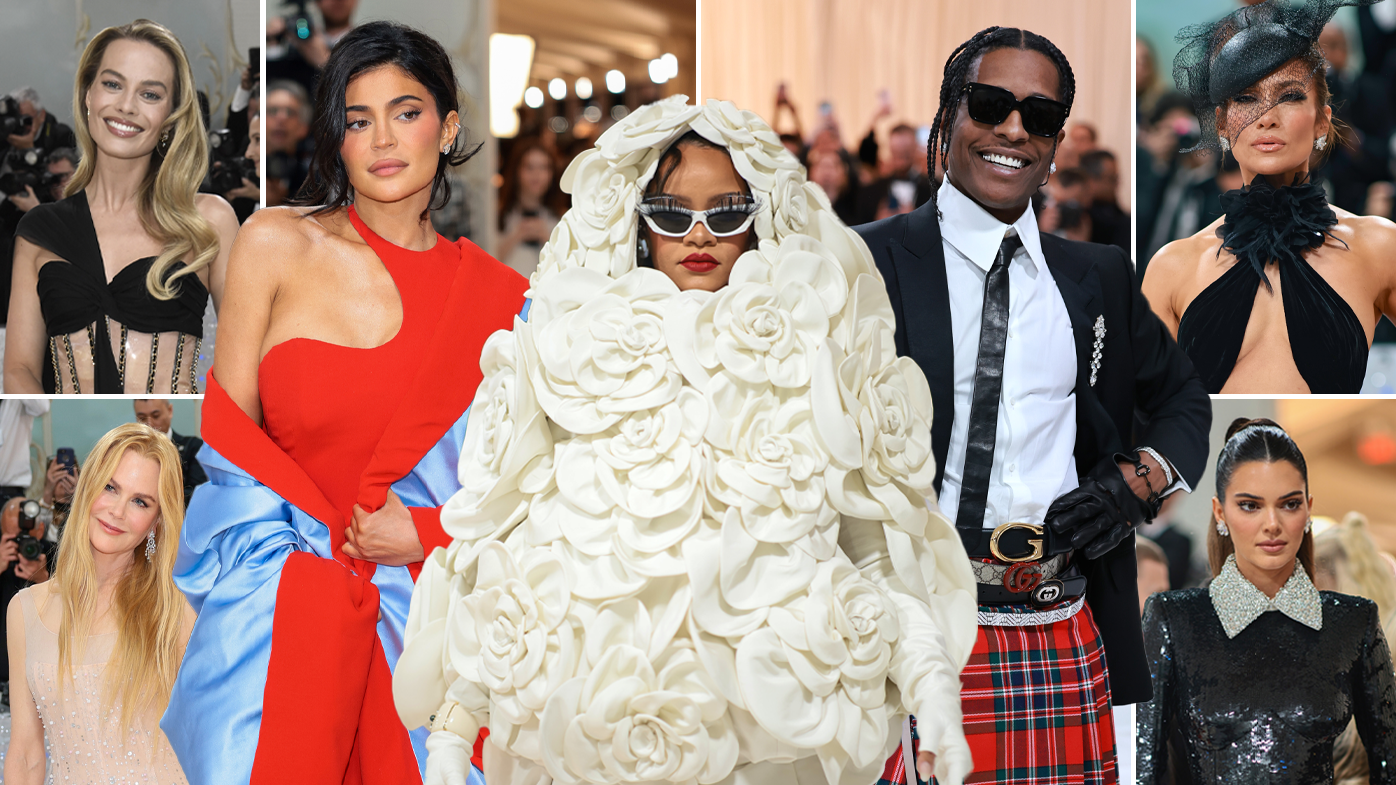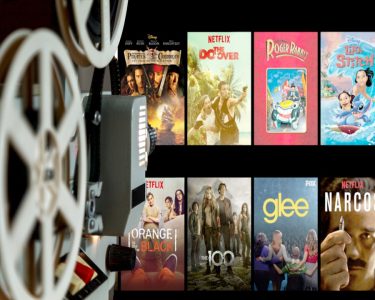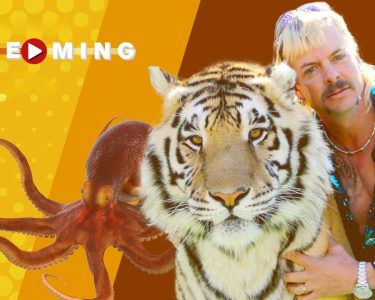Introduction
The worlds of fashion and entertainment have always been closely intertwined, with each influencing and shaping the other in myriad ways. In 2024, this symbiotic relationship has reached new heights, driven by technological advancements, changing consumer preferences, and the ever-evolving landscape of both industries. This article delves into the dynamic interplay between fashion and entertainment, exploring the trends, innovations, and key players that define the current era.
Historical Context

To understand the current state of the intersection between fashion and entertainment, it is essential to look back at the historical context. The 20th century saw the rise of Hollywood, which quickly became a global epicenter for both fashion and entertainment. Iconic figures such as Audrey Hepburn, Marilyn Monroe, and James Dean not only captivated audiences with their performances but also set fashion trends that resonated worldwide.
In the late 20th and early 21st centuries, the advent of music videos, reality television, and social media further blurred the lines between these two domains. Artists such as Madonna, Michael Jackson, and later, Lady Gaga, leveraged their unique fashion sensibilities to create unforgettable personas that transcended their music.
The Digital Revolution
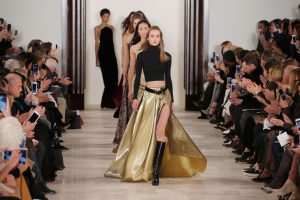
The digital age has revolutionized both fashion and entertainment, creating new platforms and opportunities for collaboration. Social media, streaming services, and e-commerce have democratized access to fashion and entertainment, allowing for a more diverse range of voices and styles to emerge.
-
Social Media Influencers
In 2024, social media influencers continue to play a pivotal role in shaping fashion trends and entertainment content. Platforms like Instagram, TikTok, and YouTube have given rise to a new generation of influencers who seamlessly blend fashion and entertainment. These influencers often collaborate with fashion brands, creating content that is both engaging and commercially viable.
-
Virtual Fashion Shows and Concerts
The COVID-19 pandemic accelerated the adoption of virtual events, a trend that has continued to evolve in 2024. Virtual fashion shows and concerts have become mainstream, offering immersive experiences that transcend geographical boundaries. Technologies such as augmented reality (AR) and virtual reality (VR) are being used to create interactive and personalized experiences for audiences.
Celebrity Collaborations
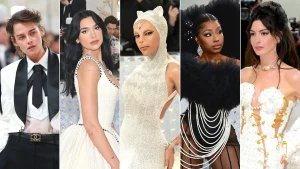
Celebrity collaborations remain a cornerstone of the fashion-entertainment nexus. High-profile partnerships between fashion brands and celebrities generate significant buzz and drive consumer engagement. In 2024, these collaborations are more innovative and diverse than ever.
-
Fashion Designers and Musicians
Musicians have long been muses for fashion designers, and this trend shows no signs of waning. In 2024, collaborations between fashion designers and musicians are more experimental, often incorporating multimedia elements. For instance, fashion shows are now frequently accompanied by live musical performances, creating a multisensory experience for attendees.
-
Actors and Fashion Brands
Actors continue to be influential figures in the fashion world. Red carpet events, film premieres, and award shows serve as platforms for showcasing the latest trends. In 2024, fashion brands are increasingly partnering with actors to create exclusive collections that reflect their personal style and on-screen personas.
Sustainable Fashion and Ethical Entertainment
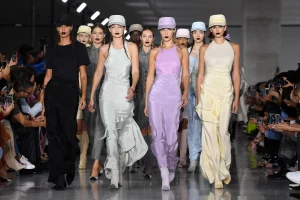
Sustainability and ethics have become crucial considerations in both fashion and entertainment. In 2024, there is a growing emphasis on responsible consumption and production, driven by consumer demand and regulatory pressures.
-
Eco-Friendly Fashion
Sustainable fashion is no longer a niche market; it is a mainstream movement. Fashion brands are adopting eco-friendly practices, such as using recycled materials, reducing waste, and ensuring fair labor practices. Celebrity endorsements and collaborations with sustainable fashion brands are helping to raise awareness and drive change.
-
Ethical Entertainment
The entertainment industry is also grappling with issues of sustainability and ethics. From reducing the carbon footprint of film and television productions to promoting diversity and inclusion, entertainment companies are taking steps to align their practices with the values of their audiences.
The Role of Technology
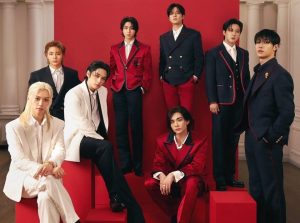
Technology is a driving force behind the evolving relationship between fashion and entertainment. Innovations in digital media, artificial intelligence (AI), and blockchain are reshaping how fashion and entertainment are produced, consumed, and monetized.
-
AI and Personalization
Artificial intelligence is being used to create personalized experiences for consumers. In fashion, AI-driven algorithms can recommend clothing based on individual preferences and past purchases. In entertainment, AI is used to curate content, predict trends, and even create new forms of media.
-
Blockchain and Transparency
Blockchain technology is enhancing transparency and accountability in both fashion and entertainment. In fashion, blockchain is used to track the supply chain, ensuring that products are ethically sourced and produced. In entertainment, blockchain is being explored as a way to secure intellectual property and ensure fair compensation for creators.
The Future of Fashion and Entertainment
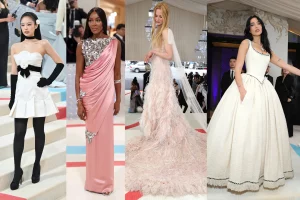
As we look ahead, the intersection of fashion and entertainment will continue to evolve, driven by technological advancements, cultural shifts, and the ever-changing tastes of consumers. The future promises even more innovative collaborations, immersive experiences, and a greater emphasis on sustainability and ethics.
Emerging Trends
Several emerging trends are poised to shape the future of fashion and entertainment:
- Metaverse Integration: The metaverse, a collective virtual shared space, is expected to become a significant platform for both fashion and entertainment. Virtual fashion shows, concerts, and social interactions will become commonplace in the metaverse.
- Interactive Storytelling: Advances in technology will enable more interactive and immersive storytelling experiences. Fashion brands and entertainment companies will collaborate to create narratives that engage audiences in new and exciting ways.
- Inclusivity and Diversity: The push for greater inclusivity and diversity will continue to gain momentum. Fashion and entertainment will increasingly reflect and celebrate the diverse identities and experiences of their audiences.
Conclusion
The intersection of fashion and entertainment in 2024 is a vibrant and dynamic space, characterized by innovation, collaboration, and a commitment to sustainability and ethics. As these industries continue to evolve, they will undoubtedly find new ways to captivate and inspire audiences, shaping the cultural landscape for years to come.

